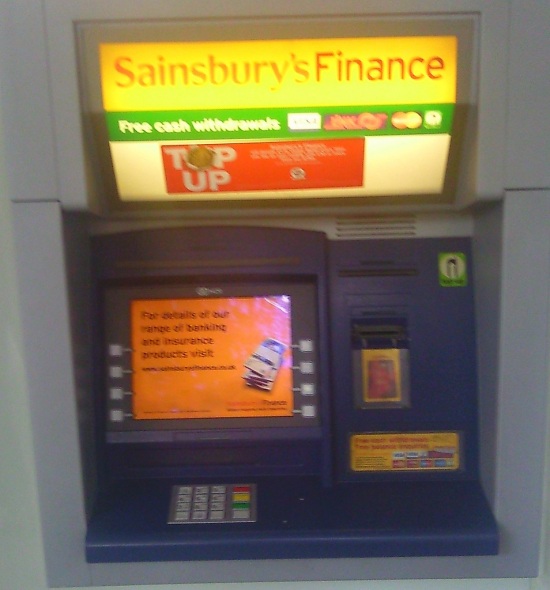According to a new study of UK customer loyalty in 2012, supermarkets could come out on top as customers’ bank of choice.

The research carried out by The Logic Group and Ipos revealed, that while banks top the list for customer loyalty, supermarkets are not far behind, opening up the potential for widespread banking with supermarkets.
Two thirds of consumers surveyed stood loyal to their bank, while 62 per cent feel loyalty to supermarkets.
With Tesco introducing a mortgage service in August, and the recent announcement that supermarket giant Sainsbury’s is launching two credit cards for Sainsbury’s bank, there is a suggestion supermarkets are acquiring a significant position in the personal finance market, said researchers.
Despite the fact the research shows more customers feel loyal to banks than supermarkets, this is not replicated in their loyalty scheme involvement with these organisations.
Sixty eight per cent of supermarket consumers are part of a loyalty scheme, whereas only 16 per cent of bank customers are part of a loyalty scheme.
This gap is extended further among respondents who identified specifically that they are loyal to their bank or supermarket.
Of those individuals who feel loyal to their supermarket, 48 per cent are part of a supermarket loyalty program, compared to 14 per cent of those who feel loyal to their bank being part of a bank loyalty program.
Although undeniably explained in part by the increased availability of supermarket schemes in comparison to banking schemes, researches said it leads to the question, can supermarkets use the information they have on their customers to improve their banking offer?
Due to the complex nature of banking, it is important that customers feel they can trust supermarkets with their money. The findings from the report suggest that trust and habit are the two key reasons customers are loyal to their bank.
While habit is an influence in supermarket loyalty, the research findings suggest that joining a loyalty scheme does not automatically lead to customers trusting an organisation, with just under half (46 per cent) of respondents saying they trust companies running loyalty schemes to keep their details secure.
Backed by European customer interactions solutions specialist, The Logic Group, the independent research was carried out by leading market researcher, Ipos MORI among 2,018 UK customers in 2012.
Director of Customer Interactions at the Logic group, Job Worley said: “From loyalty schemes, supermarkets have a wealth of customer information including their spending habits, which can be an invaluable asset in finance management. Sainsbury’s and Tesco already offer bank services, which are seeing a great amount of traction, suggesting consumer familiarity with the brand is impacting on their banking choices. Partnering with known high street banks also adds credibility to their banking services.”